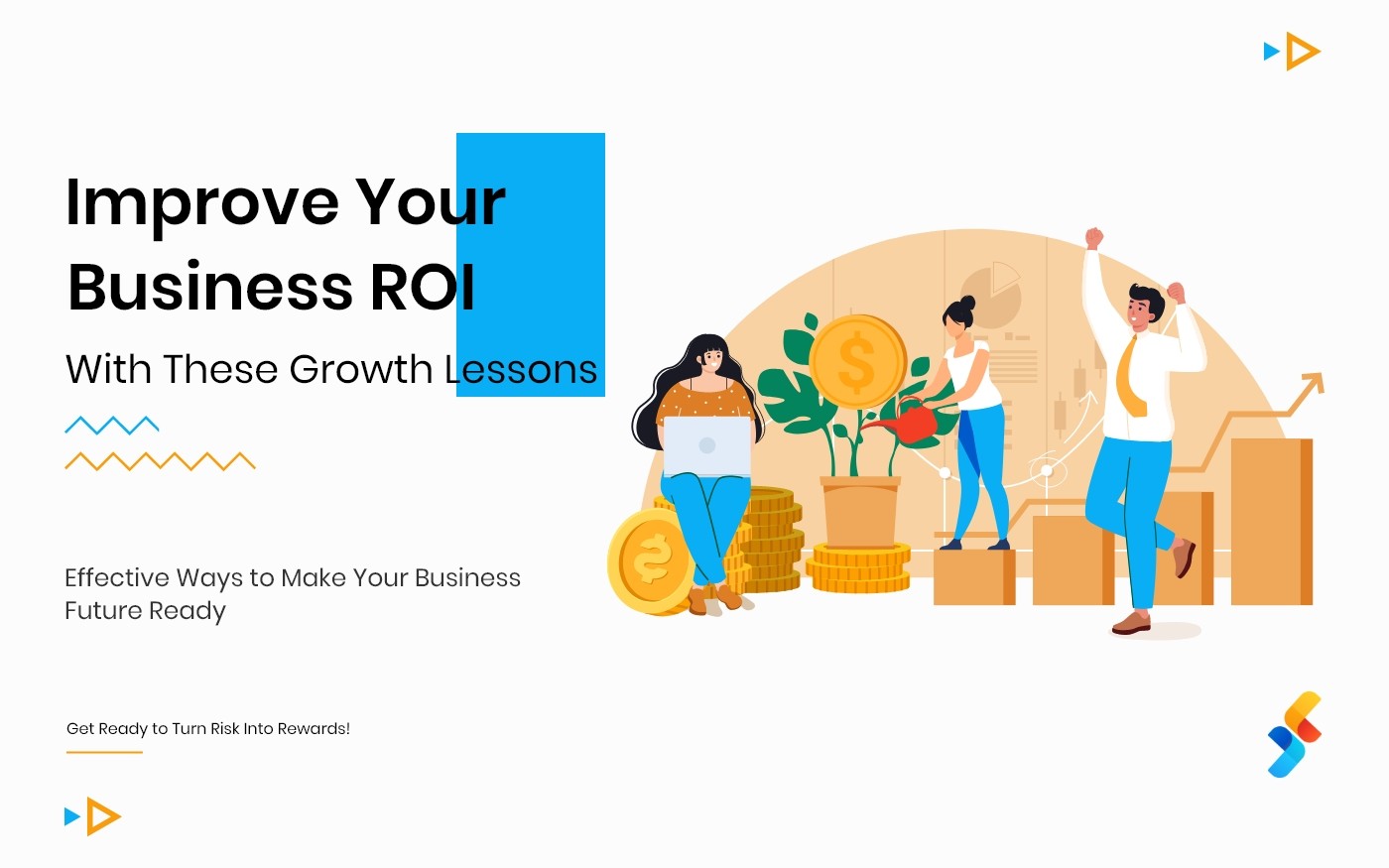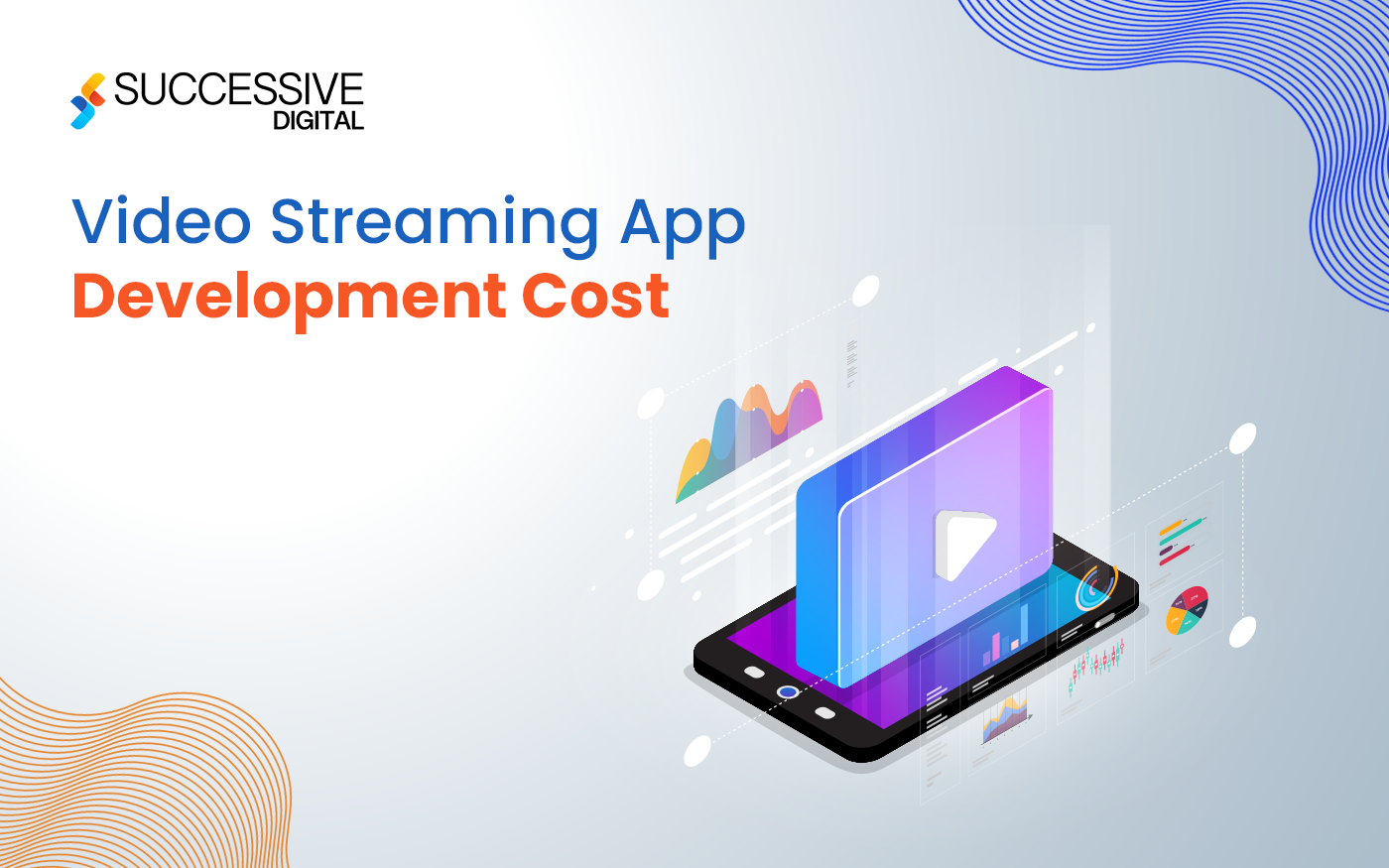The logistics industry is the spine of global commerce and ensures that goods move seamlessly from manufacturers to purchasers. However, logistics companies face exceptional challenges as supply chains become more complex and user expectancies are pushed upward. The demand for velocity, accuracy, and transparency in deliveries has never been as high as present. In this ecosystem, a delivery tracking app has emerged as a game-changer, offering unimaginable solutions and benefits. Those apps leverage advanced technologies such as GPS, IoT, and machine learning (ML) to provide real-time visibility, optimize routes, and improve overall performance. By bridging the gap between logistics vendors and users, a real-time delivery tracking app scales operations and sets new standards of operations within the industry. This blog explores the profound impact of such applications on logistics, highlighting the technical improvements that make them indispensable in a brand-new, rapid-paced, competitive transportation and logistics space.
Real-Time Visibility and Enhanced Transparency
Real-time visibility has become a vital benefit of modern-day logistics, addressing the long-standing issue of transparency. The delivery tracker app, which utilizes GPS and IoT technologies, allows delivery teams to continuously extend real-time information on shipments from origin to destination. These technologies offer statistics on products’ place and circumstance, ensuring timely interventions if troubles arise. Integrating the Android delivery tracking app into the business functions ensures that all stakeholders involved have up-to-date information, fostering collaboration and trust.
Optimized Route Planning and Fleet Management
Optimized route planning plans and robust fleet management are essential for the logistics enterprise, and a package delivery tracking app plays a vital role. These applications use advanced algorithms and real-time data to decide the most efficient delivery routes, considering elements like traffic, weather, and shipping schedules. By continuously analyzing and adjusting routes, these apps help reduce fuel intake and breakdown instances, leading to cost savings and environmental effectiveness. Solid fleet management capabilities allow logistics companies to monitor vehicle performance, schedule maintenance, and successfully control assets, ensuring dependable and timely deliveries throughout the board.
Data-Driven Decision Making
Information-driven decision-making is revolutionizing logistics by leveraging the vast amount of data generated via delivery tracking apps. By analyzing these data sets, logistics managers can become aware of inefficiencies, optimize resource allocation, and improve overall operational performance. Predictive analytics, powered via ML, allows businesses to foresee potential disruptions and proactively address them, ensuring smoother operations. Blending data analytics with a delivery tracker app allows real-time processing of data, offering actionable insights that aid informed decisions. This data-centric method not only improves efficiency but enables businesses to deliver extra, constant, and reliable services to their users.
Enhanced Customer Experience
A more desirable user experience is an excellent gain in a delivery tracking app, as it provides real-time updates and transparency at every stage in the supply chain. Customers can track their orders from dispatch to arrival, gaining more control and assurance. These apps additionally allow for personalized notifications and direct information exchange channels, including live chat, in which customers can immediately resolve their queries. The potential to monitor deliveries via iOS delivery tracking app in actual time and receive specific updates scales consumer satisfaction by decreasing uncertainty. Moreover, feedback from these apps allows companies to refine their services, ensuring non-stop development and a more excellent tailored customer experience.
Streamlined Communication and Collaboration
Streamlined conversation and collaboration are critical benefits furnished by the package delivery tracking app, ensuring that stakeholders—from drivers to managers—remain linked and knowledgeable. On-demand app development with such features integrated along with an automated messaging system, push notifications, and real-time data sharing enables seamless data exchange throughout the supply chain. Drivers get hold of updated commands immediately, while dispatchers can display development and offer well-timed support. Users get benefit from real-time delivery updates, which keep them informed and reassured. Via centralizing conversation inside a unified platform, these apps reduce the chances of miscommunication, improve efficiency, and ensure that the entire delivery procedure operates smoothly and effectively.
Compliance and Risk Management
Compliance and risk management are essential elements of a logistics and food delivery tracking app to ensure adherence to regulations and minimize failures. These apps allow real-time tracking of factors like hours, vehicle preservation, and environmental situations at every point of transit. The apps can alert managers if conditions deviate from secure tiers for temperature-sensitive shipments, allowing fast corrective movement. By tracking compliance-associated data, which include motive force running hours and automobile inspection schedules, delivery tracking applications assist in preventing violations and decreasing the hazard of accidents. The combination of IoT devices and cloud-based information storage ensures logistics companies reserve compliance and proactively control potential dangers.
Scalability and Customization
Scalability and customization are essential for a delivery tracker app, allowing logistics companies to evolve to develop needs and unique desires. Delivery apps are designed with cloud-based infrastructure, making it clean to scale operations as the enterprise expands, handling elevated data and user loads without compromising overall performance. Additionally, the customization alternatives allow businesses to tailor the app’s capabilities to their specific requirements, whether it is integrating tools for same-day deliveries or adding functionalities for managing critical materials. This adaptability ensures that as a business grows, its tracking solutions can evolve alongside it, keeping efficiency and effectiveness intact.

Conclusion
As technology continues to improve, the delivery tracking app development ecosystem is expected to become even greater with state-of-the-art functionalities, incorporating advanced technologies such as artificial intelligence (AI), blockchain, and data analytics. These improvements will improve the competencies of real time delivery tracking app, enabling logistics companies to perform more efficiently, reduce cost, and provide an excellent consumer experience.












